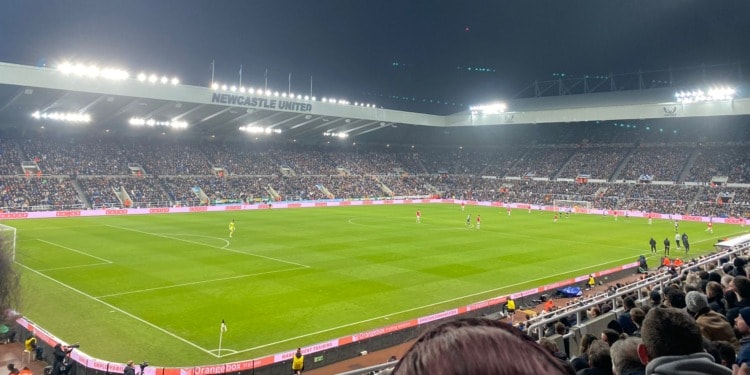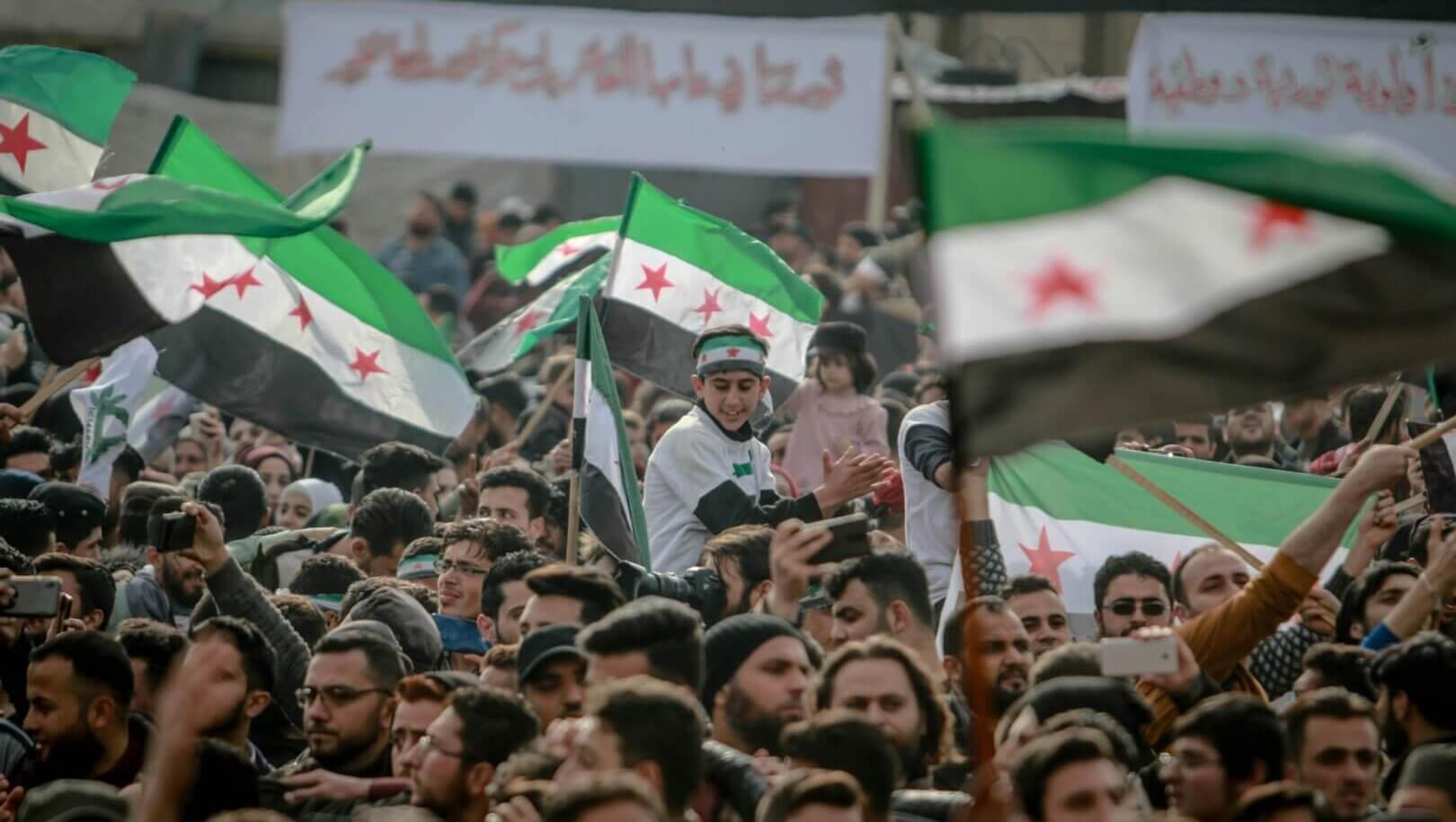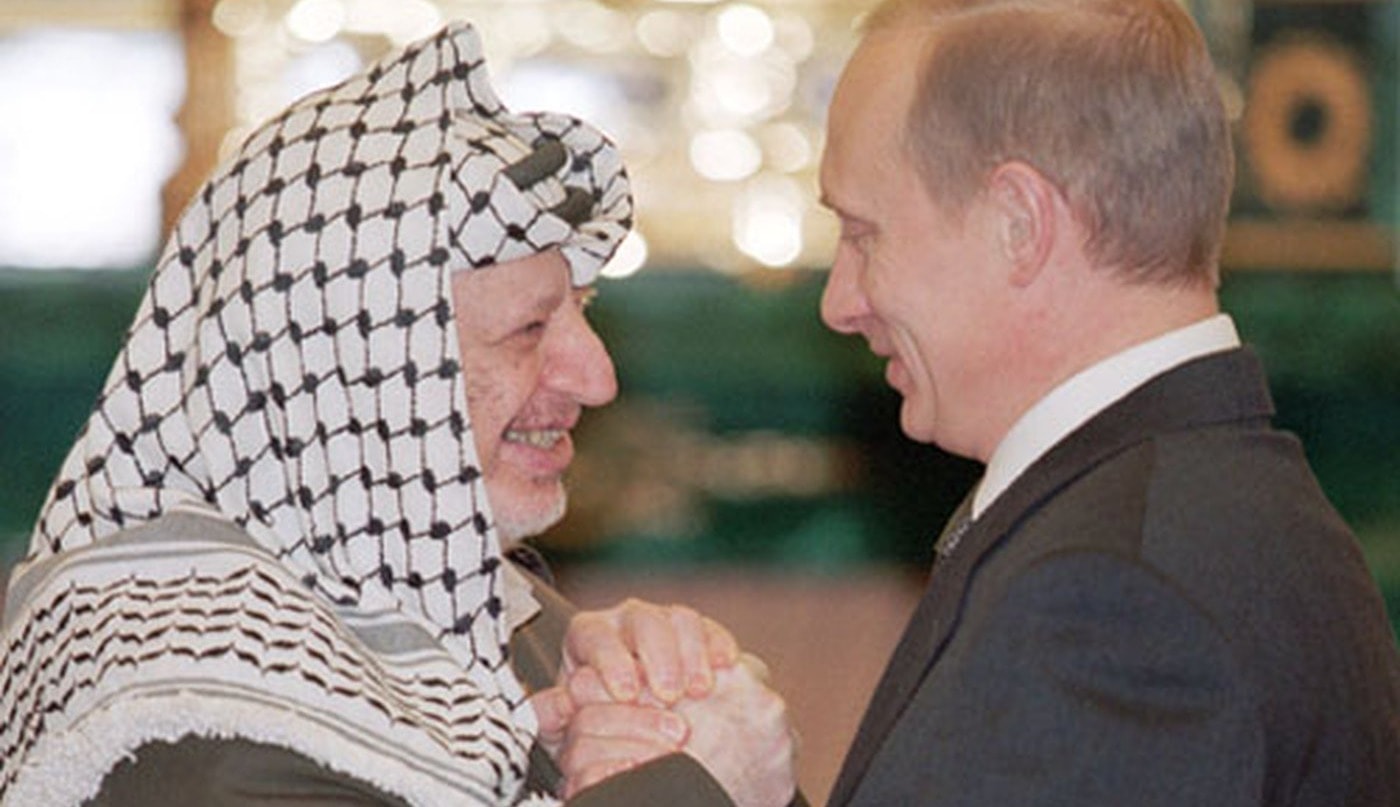In an era where sports, geopolitics, and global influence intersect more than ever before, the Gulf region has emerged as a driving force behind a profound transformation in Western sports.
Within the last year, we have seen LIV Golf tempting away some of the sport’s biggest stars and Middle Eastern investment redefining the structure of European football. While Saudi Arabia’s Public Investment Fund (PIF) has been at the forefront of recent moves, they are not the only actor from the region.
As this new source of foreign finance establishes a more formidable presence within Western sports, it is important to take stock of where we are, why we are here, and what it means for the future.
Why is there more Middle Eastern investment?
European football has long been the crown jewel in the global sporting crown, and state entities’ involvement is not new, as Russian investment in Chelsea and General Franco’s involvement with Real Madrid show.
A stake in one of the beautiful game’s elite clubs not only grants you access to a huge economic market, but also to institutions that are cultural cornerstones for millions of people. This combination of money and cultural influence has always made football clubs so attractive to own and is increasingly pricing out all but the wealthiest of investors.
The recent bout of Middle Eastern investment, however, is different from those which have gone before it.
In recent history, persistently low-interest rates allowed funding structures, such as Fenway Sports Group at Liverpool and ENIC Tottenham, to borrow and make sustained investment in football clubs to increase their value.
However, interest rate rises since the pandemic have meant this borrow-to-invest strategy is becoming less viable. This is why clubs that follow the Liverpool and Tottenham model have recently sought external investment to lock in some of the prior gains this strategy produced.
In response to this new economic climate, Middle Eastern investment, not bound by the need for profitability, has stepped into the breach.
Newcastle United FC: A Perfect Case Study
The PIF’s recent acquisition of Newcastle is a perfect example of why this kind of investment is becoming more common. When the Saudi-backed consortium, with close ties to Crown Prince Mohammed bin Salman, agreed to take an 80% majority stake in the historic club, it was met with jubilation from the vast majority of the fanbase.
To this day, you can still see some fans wearing Thawbs in homage to their Saudi owners. The PIF’s stock has only risen following their investment and subsequent success last season, which saw Newcastle qualify for the Champions League for the first time in almost two decades.
The positivity around Newcastle creates positivity around Saudi Arabia, which is exactly what the PIF wants. Creating a strong and positive link between the Gulf and sporting ventures is a key part of Saudi Vision 2030, which aims to help the country transition the economy away from fossil fuels towards a more sustainable economy.
It’s not just Saudi Arabia’s Public Investment Fund
Manchester City, who insist their owner Sheik Mansour doesn’t have ties to Abu Dhabi, won the treble last season while under investigation for over 100 instances of financial rule-breaking. After finally securing European success and winning the league in five of the last six seasons, this dominance is a sign of what can happen if unlimited foreign investment is left unchecked in the competitive sporting scene.
The prospect of Qatar’s acquisition of Manchester United from the Glazer family should be even more worrying, given the financial might the Red Devils already possess. The promise of billions of investments in the team and the local area by Sheikh Jassim bin Hamad al Thani is about winning hearts and minds as anything else.
Manchester City’s recent domination of English football is a direct result of foreign, unlimited, and dubious investment. If more football clubs follow a similar model, elite football will increasingly become unequal and anti-competitive.
Jordan Henderson: Culpable or stuck in the middle?
While nation-states and football clubs are at the heart of this discussion, individuals within the sport are increasingly getting caught up in ethical questions it raises.
The Saudi Premier League has made waves this summer after capturing current Ballon’d or holder Karim Benzema and former Liverpool and Bayern Munich winger Sadio Mane, after signing Cristiano Ronaldo last winter.
Related Articles: Does Sportswashing Even Work? | Is Formula 1 Pushing the Planet to Its Finish Line?
One of the most controversial moments though was the signing of Liverpool captain Jordan Henderson, previous fervent supporter of the Rainbow Laces Campaign which supports LGBTQ rights. This move meant Henderson was widely condemned as a hypocrite following his move to the Saudi Arabian club Al Ettifaq, where there is zero tolerance for the LGBTQ community.
As football still grapples with what to do about this new source of wealth, individuals within the sport are inevitably caught in the middle.
PIF Ambitions Beyond the Football Pitch: LIV Golf
Football is not the only tension point between Western sport and Middle Eastern Money, as LIV Golf’s emergence shows.
The breakaway league, again funded by the Saudi PIF, set itself as a rival to the PGA Tour after offering bumper contracts that tempted many of the sport’s biggest stars, such as Phil Mickelson and Brooks Koepka. While these stars are still able to compete in the sport’s 4 Major events of the year, the disruption this has caused to the regular tour is still unresolved.
What should be more worrying about this episode is that recent legal proceedings have shown the PIF’s willingness to tell whatever story suits its needs. A federal magistrate judge had ordered the PIF to turn over documents and ruled that its governor, Yasir Al-Rumayyan — who is also the chairman of Newcastle United — must be present for depositions by the PGA’s lawyers.
In response, the PIF filed an amicus brief stating:
“The Order is an extraordinary infringement on the sovereignty of a foreign state that is far from justified here. The Public Investment Fund (“PIF) and His Excellency Yasir Othman Al Rmayyan (“HE”) are not ordinary parties subject to basic discovery relevance standards. They are a sovereign instrumentality of the Kingdom of Saudi Arabia and a sitting minister of the Saudi government…”
This account runs directly counter to the PIF’s claims in the runup to the acquisition of Newcastle United, which stated the Saudi state would not have any involvement in the ownership of the football club.
Regardless of the legal outcome, this shows the raw financial power and determination of Middle Eastern money to buy a place at the head of the Western sporting table. It has shown that the PIF is happy to contradict itself in order to achieve its goals.
Unless governments and regulators get a firmer grip on this behaviour, the range of sports under threat will only increase.
Saudi Arabia’s vision to establish itself as a global sports destination through endeavors like LIV Golf and the ownership of Newcastle underscores an ambition that transcends financial considerations, with their recent actions serving as the starkest reminder of the dangers of inaction against unchecked foreign investment.
The infusion of Middle Eastern investment into Western sports is dynamically redefining the arena. What is worrying is how easily this redefinition is being led by money.
Editor’s Note: The opinions expressed here by Impakter.com columnists are their own, not those of Impakter.com — In the Featured Photo: Image of the East and Gallowgate Stands during a Premier League game between Newcastle United and Manchester United held on December 27, 2021. Photo credit: Wikimedia Commons.














